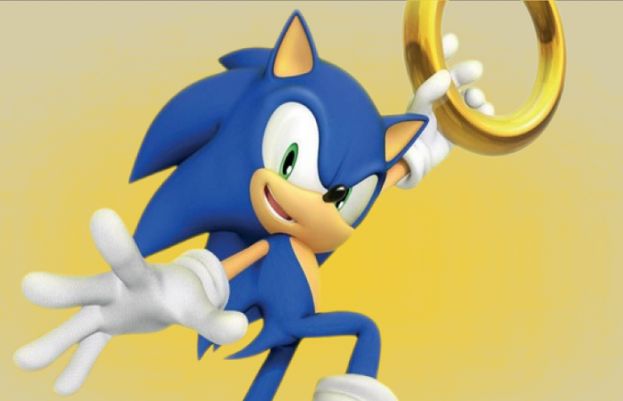
Sonic the Hedgehog’s cinematic success has revitalised interest in Sega, which halted hardware manufacturing after the Dreamcast closed in 2001 and focused solely on software development.
Now, record levels of tourism in Japan and rising global enthusiasm for Japanese pop culture have prompted a strategic relaunch.
Evidence of this resurgence includes the opening of Sega’s flagship merchandise store in Japan this Friday, following a similar launch in Shanghai in May.
Chief Operating Officer Shuji Utsumi stated, “Opportunities expand. We faced difficulties for some time; now we make our return.” He added that Sega intends to grow beyond Japan and adopt a global reach.
In its heyday during the 1980s and 1990s, Sega stood as a major player in the arcade and console market, renowned for titles such as Streets of Rage and Shinobi.
However, the rise of online multiplayer games in the 2000s, notably World of Warcraft, brought financial strain and led Sega to withdraw from hardware production.
US-based industry analyst David Cole observed that franchises from the 1990s now appeal to adults in their thirties and forties, who wish to share them with their own children.
He described this trend as “an untapped value” and noted that Sega, like Nintendo, now seeks to capitalise via films, retail and theme‑park attractions.
Sonic the Hedgehog 3, starring Jim Carrey, achieved one of the best December box‑office openings in North America last year. The franchise followed the success of the first live-action Sonic in 2020 and mirrored the popularity of Nintendo’s 2023 Super Mario Bros. film.
Additional projects include adaptations of Shinobi and Yakuza, plus discussions with potential partners over a Persona movie. Utsumi commented: “Fans should stay ready,” but declined to share further details.
In 2023, Sega acquired Finland’s Rovio, known for Angry Birds, to strengthen its position in mobile gaming. Utsumi remarked that gamer preferences have shifted beyond console-based experiences. Cole argued that Sega should invest in high-end titles to reinforce brand loyalty.
A new “Super Game” is under development, designed with international scope and incorporating social and possibly AI features. Utsumi cautioned that crafting an exceptional game requires time, adding: “Competition in the gaming market is extremely fierce.”
Sega’s parent company, Sega Sammy, continues to produce arcade and pachinko machines, although demand for pachinko parlours has declined.
Cole noted that Sega’s entertainment division now represents its main avenue for growth. Sega Sammy reported that Sonic’s intellectual property has increased revenue across games and character licensing.
No comments:
Post a Comment